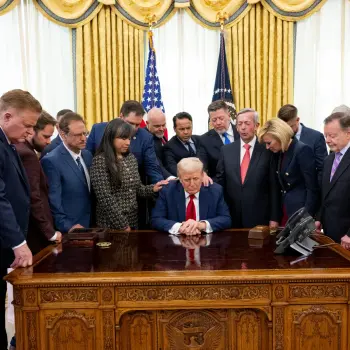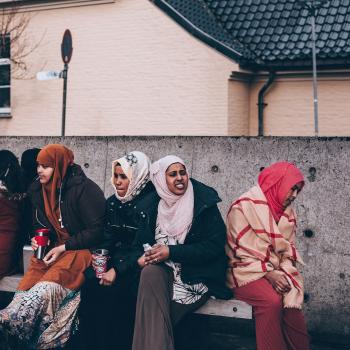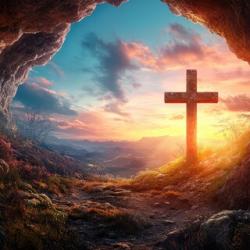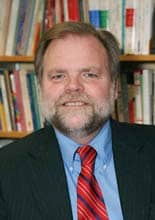When my favorite undergraduate professor Marie Fox received her Ph.D. some fifty years ago, a pastor in her West Virginia town preached about the evils of higher education. He connected higher education with disbelief in scripture, turning from the true faith, and questionable ethics. He saw higher education as destructive of the old time religion. Perhaps, he was right in his fears about preserving the old time religion from the threat of education. But, not entirely!
It has been also been said that the more education one has, the greater likelihood that he or she will be an atheist or skeptic. While this may be the case in terms of conventional doctrines and literal understandings of scripture, it may not be the case in terms of overall spiritual concern and biblical literacy. Education may deepen our spirituality while widening our quest for religious truth.
A recent study conducted by University of Nebraska-Lincoln professor Philip Schwadel found that each year of education beyond the seventh grade increases by 15 percent the recognition that there is truth in more than one religion. Further, education is related to Bible reading; people who have advanced educationally tend to read their Bibles more regularly, but not necessarily from a literalist perspective. They also tend toward a greater affirmation of diversity. More highly educated people still have an interest in the afterlife and the nature of divinity, though they may view these realities in non-traditional ways. "It's clear that though the religious worldviews of the highly educated differ from the religious worldviews of those with little education, religion plays an important role in the lives of highly educated Americans," Schwadel asserted. "And religion remains relevant to Americans of all education levels."
This is good news for religious tolerance and the affirmation of religious diversity. It also points to the role of education in the evolution from exclusion to inclusion and intolerance to acceptance in religious experience. People with more education have discovered important values in otherness, many of which they've incorporated into their own spiritual disciplines. This may lead to hybrid forms of spirituality. For example, I have friends who describe themselves as Buddhist or New Age Christians. Many other Christians, including pastors like myself, combine spiritual practices such as yoga, Zen meditation, reiki healing touch, and Tai Chi with regular worship attendance, Bible reading, and Christianity. Still others have bookshelves lined with Thich Nhat Hanh and the Dalai Lama along with Christian writers such as C.S. Lewis, Marcus Borg, John Crossan, Diana Butler Bass, Richard Rohr, and N.T. Wright.
This is bad news for those who desire a monolithic and unchanging religion, whose claim to be sole possessor of truth is unassailable. Such people will see education as the source of relativism, doubt, and heresy.
I believe that educational advancement presents challenges to traditional religions. Like travel to other lands or other parts of North America, educational growth opens us to diverse perspectives on reality and relativizes our own faith tradition. The challenges educational advancement are positive not negative. They invite laypeople and spiritual leaders to balance "spiritual" education with "secular" education. The two cannot be separated, despite the fact that many Christians hold grade school understandings of spirituality along with doctoral understandings of politics, economics, science, and medicine. Religious institutions are challenged to journey inward in terms of providing resources related to the traditions and evolving understandings of their faith while journeying outward in dialogue with religious and cultural pluralism. Theological reflection and faith formation is essential in a pluralistic, rapidly changing time.
Religious leaders need to provide 21st-century spiritual resources, grounded in the evolving traditions of faith, to correspond with spiritual practices taught by other faith traditions. For example, we can update traditional practices such as lectio divina, or holy reading, contemplation, imaginative prayer, hospitality, fasting, and Bible study to respond to the realities of people living in our white water, nanotechnology, pluralistic age. In joining greater awareness of one's faith with greater education in religious pluralism, we will evolve religions of stature, creatively transforming people and our world.
More education is a friend of religion, not its enemy. There is always more light to shed on scripture and much of this light comes through scholarship, spiritual practices, and encounter with people of other faiths. This is what it means to love God with your heart, mind, and soul.
8/8/2011 4:00:00 AM





